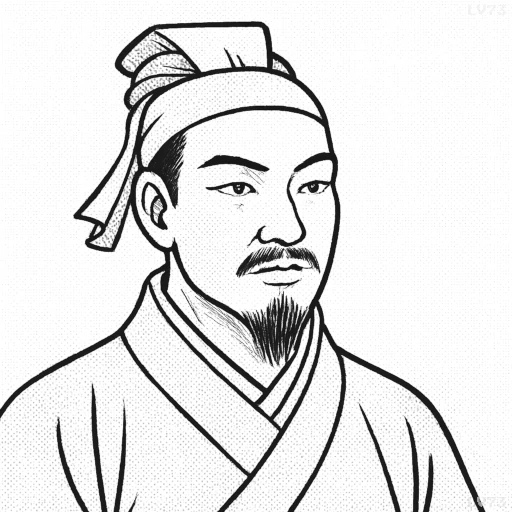“If you know the enemy and know yourself you need not fear the results of a hundred battles.”

- 544 BC-496 BC
- Born in China
- Military strategist, military strategist
table of contents
Quote
“If you know the enemy and know yourself you need not fear the results of a hundred battles.”
Explanation
In this quote, Sun Tzu stresses the fundamental importance of self-awareness and intelligence about the enemy as key to achieving victory in battle. Knowing yourself means understanding your own strengths, weaknesses, resources, and limitations, while knowing the enemy involves insight into their strategies, capabilities, and weaknesses. With this complete understanding, a leader can craft strategies that play to their own strengths while exploiting the enemy’s vulnerabilities. The idea is that when you are fully aware of both sides, you can confidently make decisions, anticipate the enemy’s moves, and ultimately control the outcome of the conflict. This level of preparation eliminates the uncertainty and fear that comes with battle because the commander is always in a position of knowledge and foresight.
This concept is just as applicable in business, politics, and personal development as it is in warfare. In business, companies that thoroughly understand their own strengths (such as market positioning, technological capabilities, and resources) and their competitors (like customer preferences, strategies, and weaknesses) are better positioned to succeed. For example, Amazon was able to dominate e-commerce because it thoroughly understood both its operational strengths (such as its efficient distribution network) and its competitors’ vulnerabilities (like Wal-Mart’s lack of online presence). In politics, leaders who understand both their own country’s strengths (like economic power, military readiness) and the potential adversaries’ weaknesses can navigate global diplomacy with more confidence and success. Negotiations are another arena where this principle is crucial: understanding the other party’s needs and constraints, as well as your own, helps achieve favorable outcomes without conflict.
Historically, this principle is reflected in the strategies of many successful leaders. Napoleon Bonaparte often used deep intelligence gathering and an understanding of his own forces to position them for successful campaigns. For example, his victory at Austerlitz was largely a result of his intimate knowledge of both his army’s strengths and the Russian and Austrian armies’ weaknesses. Similarly, General Dwight D. Eisenhower during World War II understood both the capabilities of the Allied forces and the vulnerabilities of the Axis powers, and was able to plan the D-Day invasion with a high degree of confidence. The principle of knowing both sides in any conflict, and leveraging that knowledge to outmaneuver the enemy, is one of the core tenants of Sun Tzu’s philosophy and has proven to be effective across centuries in both military and non-military contexts.
Would you like to share your impressions or related stories about this quote in the comments section?
